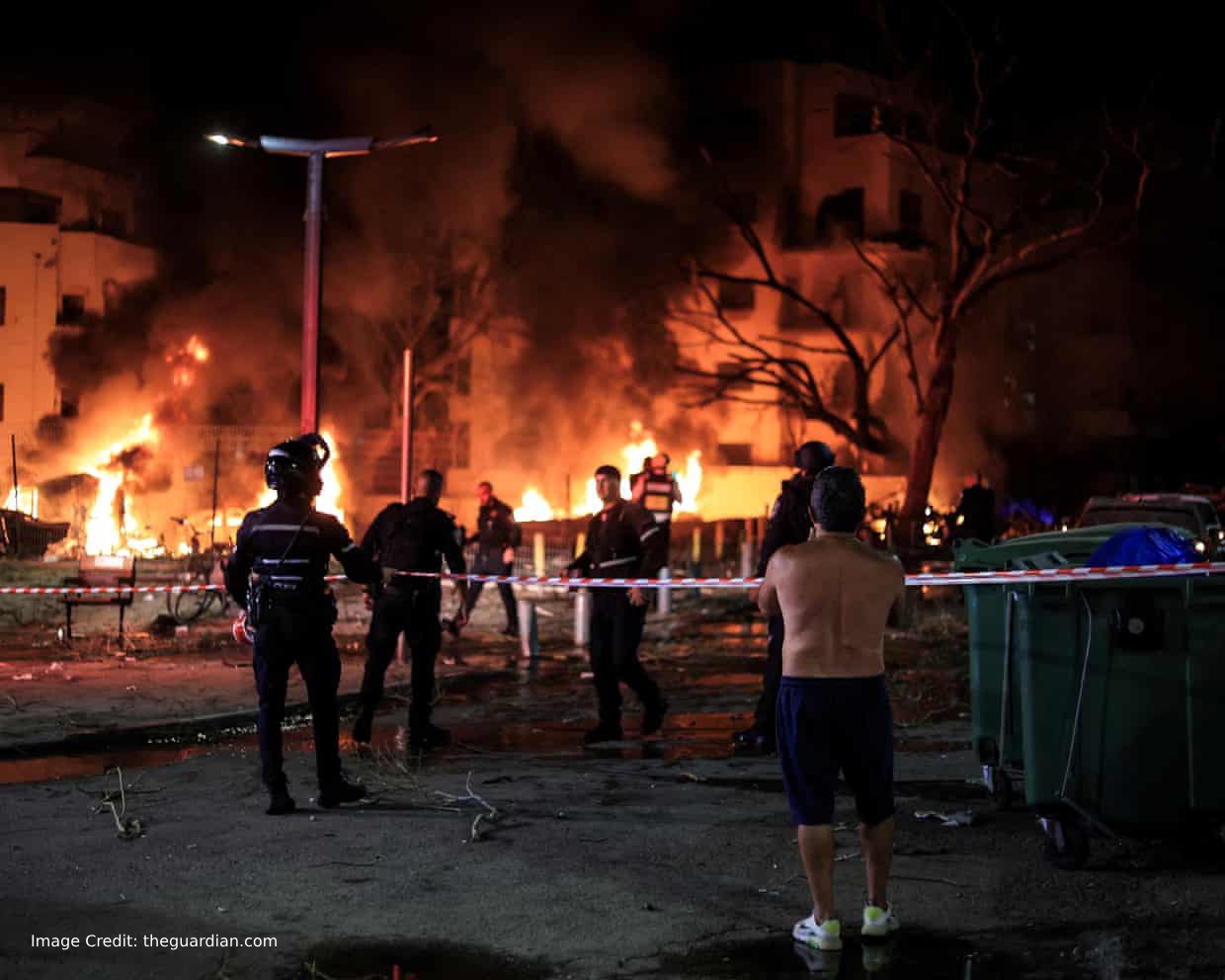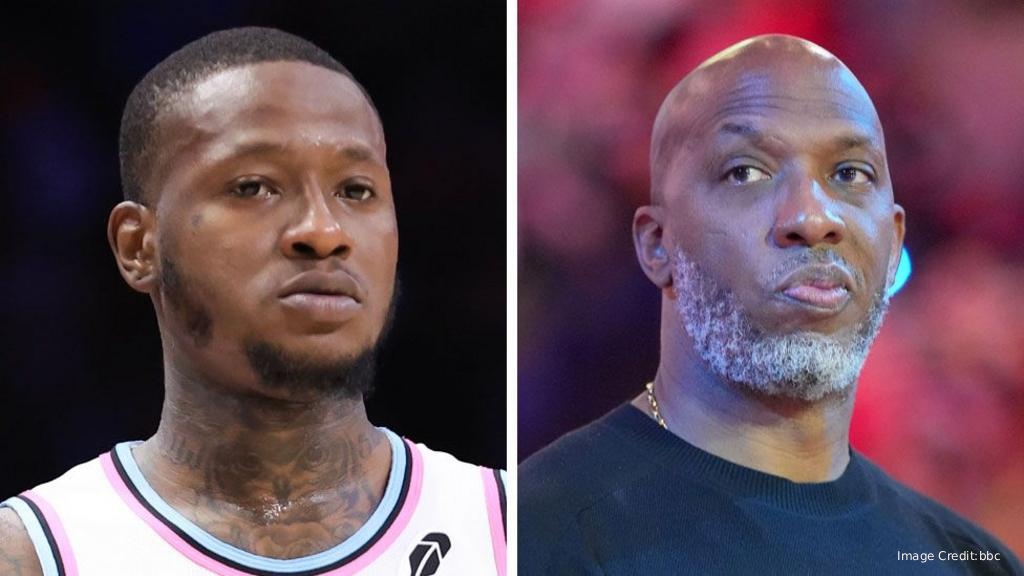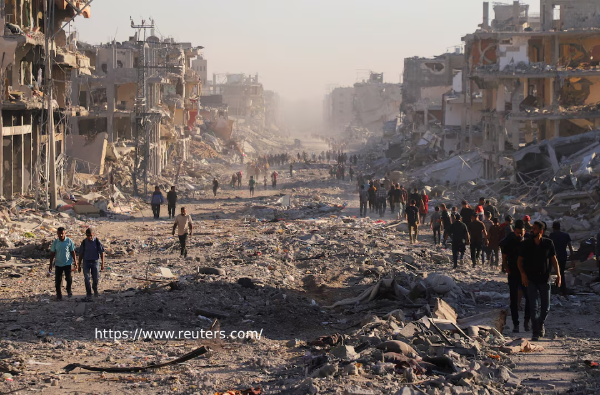Tel Aviv Chef Recalls Missile Strike as Iran Claims ‘New Method’

Early Monday morning, Iranian missiles struck Tel Aviv, unleashing destruction and fear. Guydo Tetelbaun, a 31-year-old chef, described the moments after 4 a.m. when alerts sounded. “We went into the shelter across the street, and within minutes, the door blew in,” he recounted. He saw bloodied individuals enter the shelter before discovering his apartment was destroyed. “The walls are caved in; there’s no more glass,” he said, expressing his fear of the unknown.
The attacks impacted areas near Shuk HaCarmel market, a residential street in Petah Tikva, and a school in Bnei Brak.
Iran’s Revolutionary Guards claimed their assault used a new method that caused Israel’s defense systems to engage against each other. They stated this led to successful strikes on Israeli targets. The Israeli military has not commented, although officials have warned that the “Iron Dome” defense system is not foolproof.
The human toll is escalating, with at least 224 reported deaths in Iran, notably 90% being civilians. Israel’s military has also targeted Revolutionary Guard command centers.
The Israel-Iran conflict was a key topic at the G7 summit in Canada. German Chancellor Friedrich Merz set goals to prevent Iran from developing nuclear weapons and support Israel’s right to self-defense. U.S. President Donald Trump expressed hope for a “deal,” while Iranian President Masoud Pezeshkian reiterated Iran’s commitment to peaceful nuclear energy.
In Washington, it was disclosed that President Trump vetoed an Israeli plan to assassinate Iran’s Supreme Leader, Ayatollah Ali Khamenei. Prime Minister Netanyahu dismissed the report but affirmed their necessary actions.
The hostilities began with an Israeli attack on Iranian military leaders and nuclear sites, prompting Iran to threaten retaliation. Trump has backed Israel’s offensive while denying U.S. involvement and warning Tehran against targeting U.S. interests. Nuclear negotiations between Iran and the U.S. were canceled after Tehran refused to negotiate under attack.





